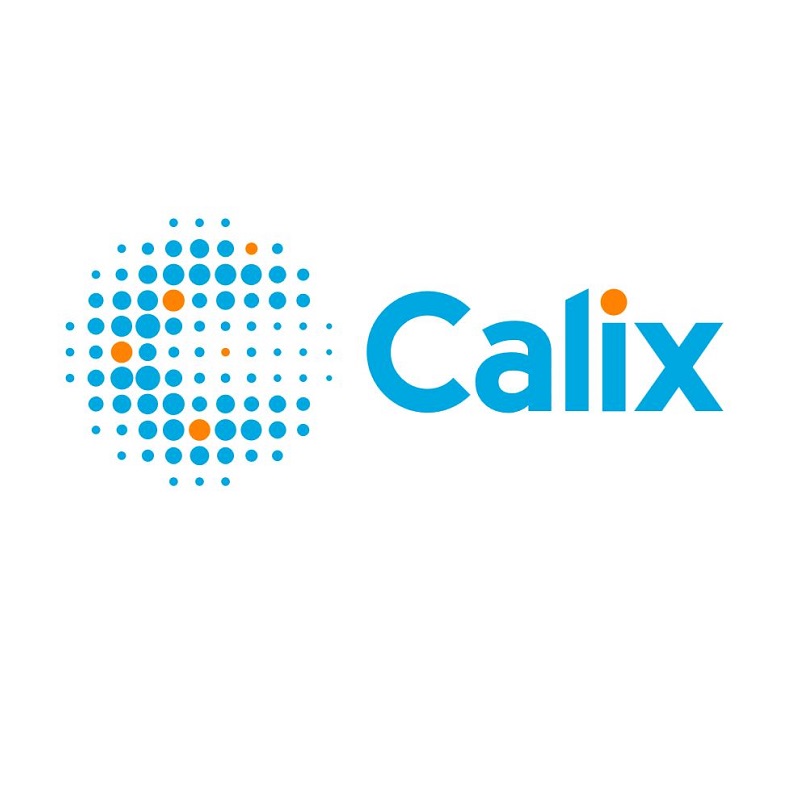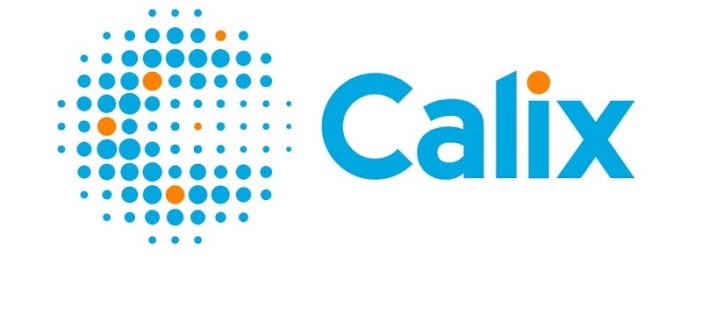
 Australian technology company, Calix, has announced it has secured 3.4 million Euros in working capital from Efic, the Australian Government’s export credit agency, to build the CO2 capture facility for the Low Emissions Intensity Lime and Cement (LEILAC) project in Belgium.
Australian technology company, Calix, has announced it has secured 3.4 million Euros in working capital from Efic, the Australian Government’s export credit agency, to build the CO2 capture facility for the Low Emissions Intensity Lime and Cement (LEILAC) project in Belgium.
Efic is a specialist financier that delivers simple and creative solutions for Australian exporters. Its aim is to assist Australian businesses by helping them to win business, grow internationally, and achieve export success.
Calix engineers and scientists are leading the LEILAC project, which is a European-Australian collaboration, and includes a consortium of some of the world’s largest cement, lime, and engineering companies, as well as leading research and environmental institutions.
Led by Calix, the consortium delivering this project comprises HeidelbergCement, Cemex, CRHTarmac, Lhoist, Amec Foster Wheeler, ECN, Imperial College, PSE, Quantis, and the Carbon Trust.
Darren Charles, CFO, Calix, said, “As an Australian company developing technology with global applications, the support of government organisations such as Efic is critical in ensuring our success”.
The cement industry alone accounts for up to seven per cent of global CO2 emissions, making it among the largest industrial contributors, while the lime sector has the highest CO2 intensity relative to turnover. However, around 60 per cent of the total CO2 emissions from cement and lime plants are released directly, and unavoidably, from the chemical reaction in the production process.
Darren Charles said, “Calix’s technology uses indirect heating so CO2 and furnace combustion gases don’t mix. This re-engineering of the existing process captures almost pure CO2 released from the limestone without significant additional costs or increased energy use.
“The technology is complementary with other carbon capture methods already developed in the power and cement sector, such as oxyfuel, and can make use of alternative fuels. The pilot plant will let cement and lime industries reduce their CO2 emissions dramatically without significant energy or capital penalty,” he said.
Calix has previously won funding from both the UK (DECC) and EU (ASCENT Project) to develop Calix’s ENDEX Reactor Technology, which introduces significant new options for energy-generation organisations seeking to reduce CO2 emissions.
About Calix
Calix is a multi-award-winning Australian technology company that is developing new processes and materials to solve global challenges.
The core technology is a world-first, patented kiln built in Bacchus Marsh, Victoria that produces mineral honeycomb, which are very highly active minerals.
Calix uses these minerals, which it says are safe and environmentally friendly, to improve waste water treatment and phosphate removal, help protect sewer assets from corrosion, and help improve food production from aquaculture and agriculture without antibiotics, fungicides, and pesticides.
Calix’s technology has also been adopted overseas, where the company is working with some of the world’s largest companies, governments and research institutions on CO2 capture.





